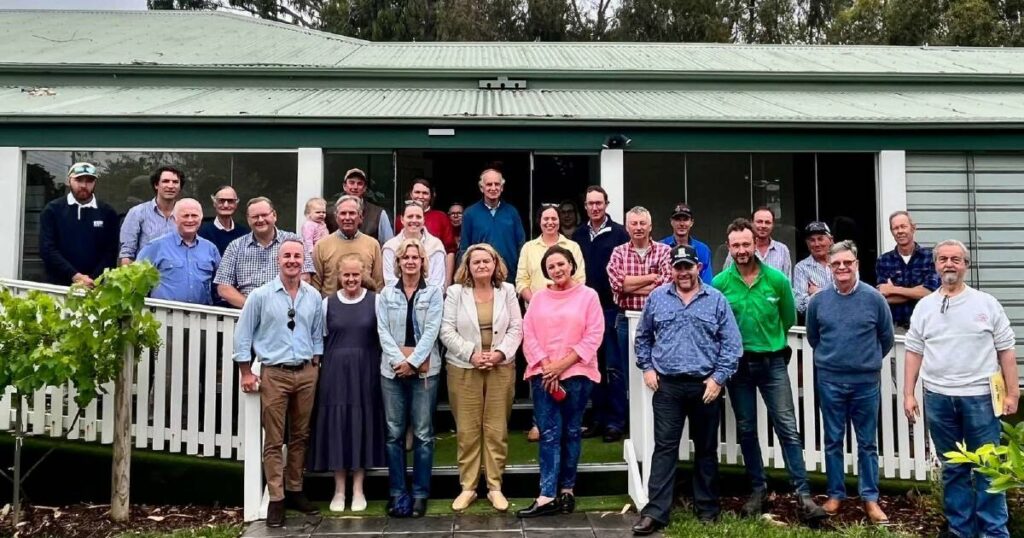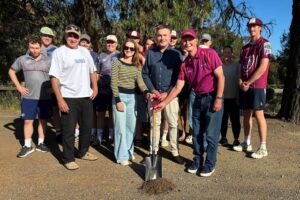
UPDATE: An urgent inquiry into waste-to-energy facilities in New South Wales (NSW) is set to launch on August 5, following mounting community concerns about proposed incinerators in the Tarago area. NSW Upper House Nationals members Nichole Overall and Wendy Tuckerman are spearheading the inquiry amid fears that regional communities are becoming dumping grounds for Sydney’s waste.
Residents from Tarago and surrounding districts, including the Longwater Agricultural Association, have expressed alarm over Veolia’s plans for a $600 million waste-to-energy facility at the Woodlawn eco-precinct. The facility aims to handle nearly one million tonnes of waste annually, raising serious environmental and health implications.
“We’re calling for this inquiry because the issues being raised by regional communities on these incinerator proposals have only been growing,” stated Overall, who emphasized that many residents remain in the dark about future developments. The inquiry aims to address the community’s urgent questions regarding emissions and potential impacts on agriculture and public health.
Residents in Parkes are also voicing their opposition to a proposed $1.5 billion Energy Recovery Facility, citing concerns over air quality and health risks. “If it’s safe enough for Sydney, then it should be built there,” Tuckerman added, reinforcing the need for thorough scrutiny of these projects.
The inquiry will examine critical factors such as:
– The effectiveness of proposed technologies compared to advanced facilities worldwide.
– Emission levels and their potential impact on local drinking water and agriculture.
– Health implications for residents living near existing incinerators.
Felicity Reynolds, secretary of the Longwater Agricultural Association, has been vocal about the need for inquiry. She highlighted that current incineration technology, which operates at 850 degrees Celsius, is inadequate for breaking down harmful substances like PFAS, requiring temperatures above 1000 degrees Celsius for safe disposal. “We need to strongly look at Veolia’s incinerator because we know that 850 degrees Celsius won’t break down PFAS,” she stressed.
The community’s anxiety surrounding these proposals has been palpable. Reynolds noted the significant toll on mental health as residents grapple with uncertainty and fear of becoming a waste dumping ground. “The toll that imposes on people’s mental health and anxiety is quite high,” she said.
The inquiry’s goal is to ensure that community voices are heard and their concerns taken seriously. “It’s something many suggest has not adequately occurred, and they are not being properly heard,” Overall remarked.
This inquiry comes as a critical moment for residents, with many eager to ensure their health and environmental concerns are prioritized. As discussions continue, the community is prepared to submit their objections and provide testimony during the inquiry process.
For now, residents remain watchful as they await the next steps in addressing this pressing issue. The inquiry is expected to shed light on the complexities of waste management in NSW, ensuring that the voices of those most affected are finally heard.





